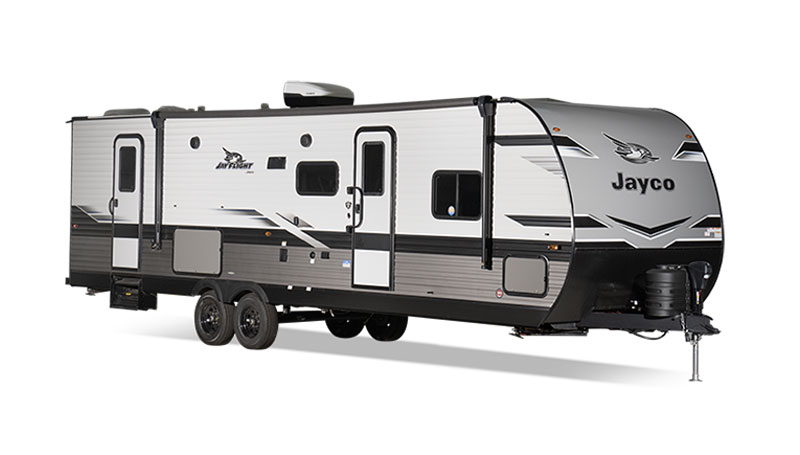RV Insurance 101: What You Need to Know
What Is RV Insurance?
Essentially, it's a type of vehicle insurance that covers your RV and its contents. It can protect you from financial losses in case of accidents, theft, vandalism, fire, or other damages to your RV. Plus, it can also cover your liability in case you cause injuries or property damage to others while using your RV.
It is not quite the same as car insurance since RVs are different from cars in many ways, such as their size, weight, value, features, and usage. RVs have different insurance needs and requirements than cars. For example, RVs may need more coverage for personal belongings, accessories, and equipment that are not typically found in cars and may also need special coverage if they are being used as a permanent residence.
Some of the most common types of RV insurance coverage are:
Comprehensive coverage
Covers damage to your RV caused by events other than collision, such as fire, theft, vandalism, hail, windstorm, flood, or animal impact.
Collision coverage
Covers damage to your RV caused by collision with another vehicle or object.
Liability coverage
Covers your legal responsibility for bodily injury or property damage that you cause to others while using your RV.
Medical payments coverage
Covers medical expenses for you and your passengers who are injured in an accident involving your RV.
Uninsured/underinsured motorist coverage
Covers your expenses if you are involved in an accident with a driver who has no insurance or insufficient insurance to cover your losses.
Personal injury protection (PIP) coverage
Covers medical expenses, lost wages, and other costs for you and your passengers who are injured in an accident involving your RV, regardless of who is at fault.
Personal effects coverage
Covers the loss or damage of personal belongings inside your RV, such as clothing, furniture, appliances, electronics, and other items.
Roadside assistance coverage
Covers the cost of towing or emergency services if your RV breaks down or needs repairs on the road.
Vacation liability coverage
Covers your liability for accidents that occur while your RV is parked in a campground or other location where you are staying temporarily.
Extended travel coverage
Covers your liability and personal effects if you use your RV as a full-time residence or a permanent home.
Once you start shopping, you'll discover the cost of RV insurance can vary greatly depending on your RV's type, size, age, and value. Also, how often you plan to use your RV as well as your driving record, credit score, location, and deductible amount will play a part in the amount you'll spend regularly on your insurance. So, make sure to look for the best deals.





















